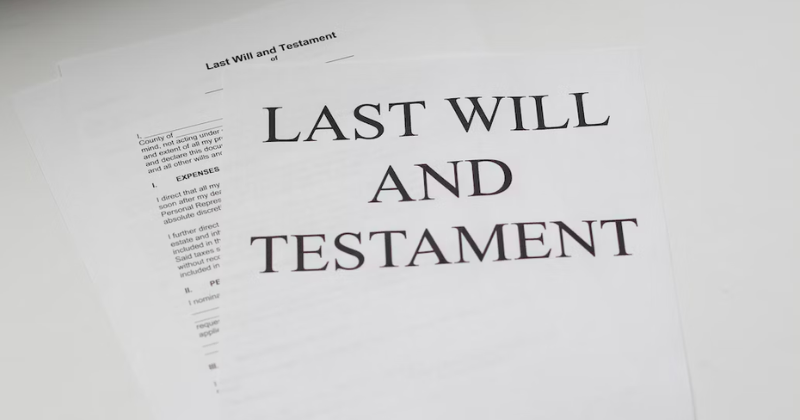
You always want to be fair when considering dividing your assets among your beneficiaries after you pass away. You want to make sure you divide your assets equally among your children or loved ones, but that’s not always easy. What happens if one child wants the vacation house and the others don’t care about it? Or if you have a family business and only one child wants to continue running it? How can you equally split something that not everyone wants? Estate equalization is a way to divide your assets amount your chosen beneficiaries equally.
Let’s back up a bit and talk about the basic issues. There are 2 parts to estate planning:
In the first part, estate planning involves making long-term and end-of-life decisions. This can include organizing your assets to pay for senior living. It can include a power of attorney and health care directive.
Next, estate planning organizes your assets so you can equally pass them on in the most tax-efficient manner to specific people. This includes your real estate, personal property, cash and company if you own a business. But dividing everything equally is often difficult – that’s where estate equalization comes into play.
The main concern with estate equalization is that beneficiaries receive equal amounts of your assets after you pass. It is often used for business owners who want to pass their family company to their children, but it can also be used in personal situations.
Choosing how to divide your personal assets can be tricky, and life insurance is often used to balance the scales.
Here is an example:
Let’s say you have 3 children. Your son lives in your home with you, and your two daughters live in other cities. The estimated value of your house is fairly high, and it’s your biggest asset. Your other assets combined (bank accounts, car, personal items) don’t equal the amount of your home. How do you equally split everything between your children without selling the house and forcing your son to move out?
Life insurance money.
Life insurance is often used to balance the discrepancy. In the above example, you can leave the house to your son and split the life insurance money between the daughters. This is estate equalization.
As you can see, working with an estate planning attorney is important. They will help you make a plan for yourself as you get older and how to distribute your assets after you’re gone equally.
Estate equalization can be difficult, but we can help. Our experienced estate attorneys can advise you on the best options to protect your assets and loved ones. To talk to an attorney, contact the Estate & Probate Legal Group at 630-864-5835.
AREAS WE SERVE: Cook, DuPage, Kane, Lake and Will counties